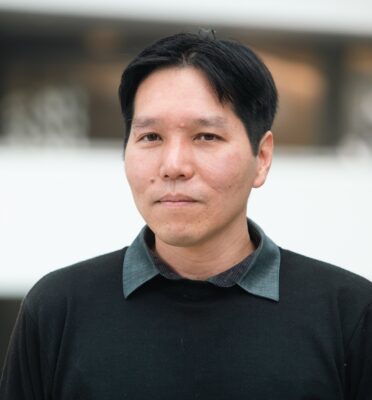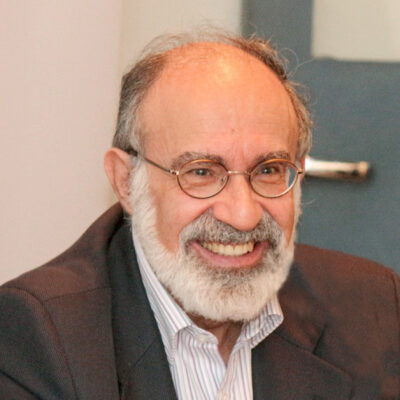 #Columns
#Columns
Where do centenarians live?
Flaws in life expectancy projections can affect public policies, pension rates, and planning of hospitals and nursing homes
 Iriomote Island in Okinawa, Japan | Image: Shutterstock
Iriomote Island in Okinawa, Japan | Image: Shutterstock
Where would you move to if you wanted to live for more than 100 years? A common answer to that question would be a charming village in the sloping hills of Italy or Greece—regions known as blue zones, where people seem to defy time, often living to ages of over 100 in good health.
The setting would be like something from a movie: healthy Mediterranean meals, strolls in the countryside, and an active social life, where old people exchange gossip while borrowing olive oil from their neighbors.
But according to Saul Justin Newman of the University of Oxford, UK, these blue zones may not be so “blue” after all. Newman’s work on the subject earned him the 2024 Ig Nobel Prize, awarded by the Massachusetts Institute of Technology (MIT), USA, for research that first makes us laugh, then think.
Newman cites Okinawa in Japan, the elderly population of which was the subject of a Netflix documentary, as an example.
In 2010, a review by the Japanese government revealed that 82% of people in Okinawa believed to be aged over 100 years old were actually long dead.
What’s more, rather than being the healthiest region, since 1975, Okinawa has consistently been ranked as having one of the worst diets in Japan, with low consumption of vegetables and heavy alcohol use.
This habit of overestimating lifespan has also been identified in other blue zones, such as Sardinia in Italy and Ikaria in Greece, where much of the data is also problematic.
Newman estimates that in some regions of Greece, more than 70 percent of supposed centenarians are dead, missing, or are simply cases of pension fraud.
Apparently, the secret to living to 100 in these locations is to not register a person’s death.
A similar phenomenon happens in countries you probably would not consider moving to for your retirement, according to a preprint article by Newman.
Distorted data
According to the United Nations (UN), Thailand and Malawi are the two countries with the highest rates of centenarians per number of inhabitants. They also both suffer many issues with social security fraud.

In these countries, birth certificates are no longer even considered legal documents.
Even in Greece and Italy, tens of thousands of “centenarians” continue to collect their pensions even though they are only alive on paper.
Distortions in aging data, like those revealed by Newman, have an impact far beyond ruining heartening stories of happy old people in idyllic locations.
Life expectancy projections are used to plan public policies, set pension rates, and plan hospitals and nursing homes.
If this data is flawed, future health planning will also be flawed. This is a critical risk to a world that is only getting older.
But despite these statistical failings, one thing is certain: healthy eating, regular exercise, an active social life, and low financial stress are key to living a long and healthy life.
Biology doesn’t lie—these factors really do contribute to well-being and longevity.
What needs to be questioned is the statistics, not health.
While living in the hills of Italy or Greece does not guarantee immortality (as today’s billionaires hope), living a healthy and balanced lifestyle certainly gives us a better chance of enjoying many years of good health and happiness.

Helder Nakaya is an immunologist and senior researcher at Hospital Israelita Albert Einstein.
*
This article may be republished online under the CC-BY-NC-ND Creative Commons license.
The text must not be edited and the author(s) and source (Science Arena) must be credited.





